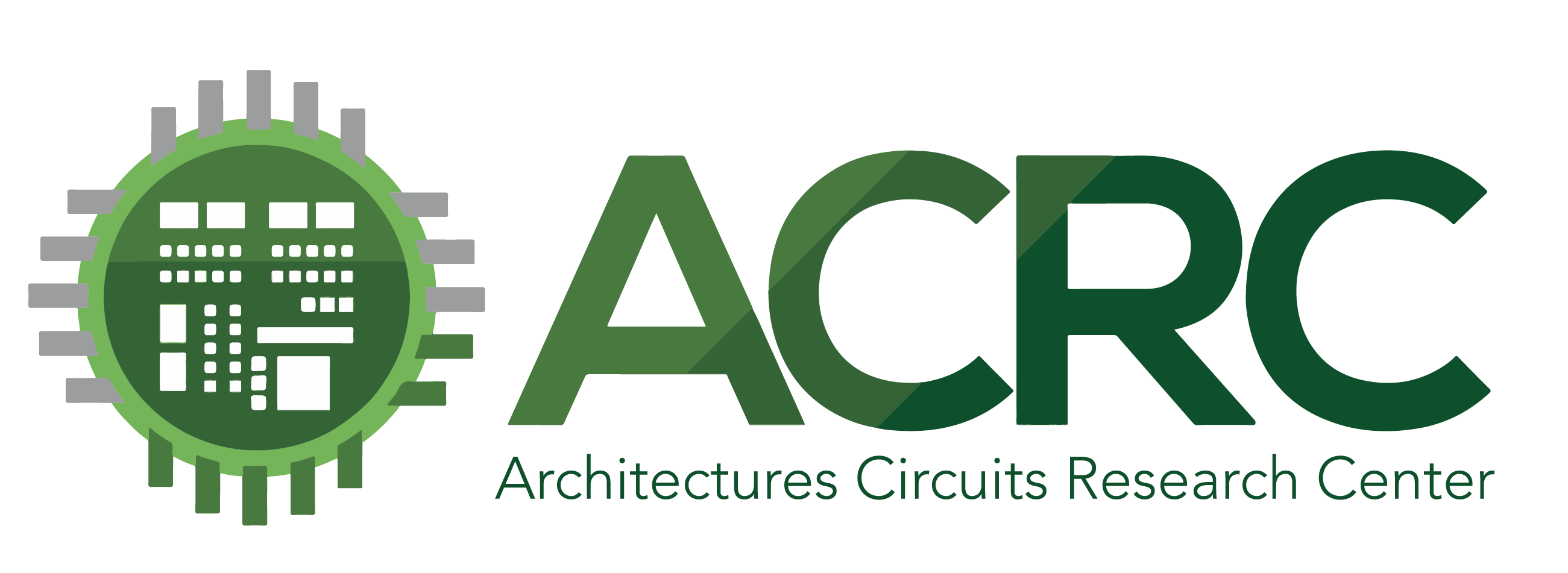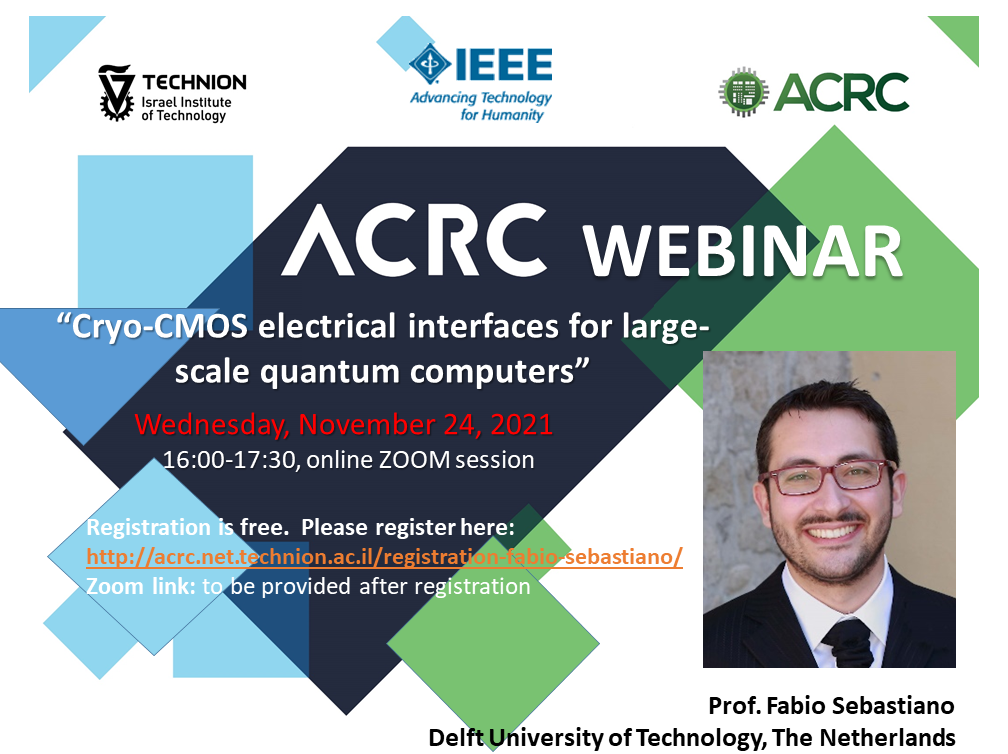Quantum computers operate by processing information stored in quantum bits (qubits), which must typically operate at cryogenic temperature. Today the qubits are mostly controlled by conventional electronics working at room temperature. This thermal gap can be readily bridged by a few wires since today’s quantum computers employ only a few qubits. However, practical quantum computers will require more than thousands of qubits, making this approach impractical. A more scalable approach requires operating a complex electronic interface at cryogenic temperature, very close to the quantum processor, eventually in the same package or even on the same chip. Thanks to its high integration capabilities, CMOS is the most viable technology for such a cryogenic interface. In this talk, we will first review the functionalities required to drive and control the most popular qubit technologies, and the requirements on the performance of the electronics. Based on those requirements and the behavior of CMOS devices at cryogenic temperature, several state-of-the-art cryo-CMOS circuits and systems have been designed, both for qubit drive and readout, and we will show their verification with real-world qubits, highlighting challenges and opportunities. Finally, the prospects towards large-scale quantum computers will be outlined, and we will try to answer the questions: Is the electronics a bottleneck for future quantum computers? How will we design cryo-CMOS circuits to tackle this challenge?
Fabio Sebastiano received the B.Sc. (cum laude) and M.Sc. (cum laude) degrees in electrical engineering from University of Pisa, Italy, in 2003 and 2005, respectively, the M.Sc. degree (cum laude) from Sant’Anna school of Advanced Studies, Pisa, Italy, in 2006 and the Ph.D. degree from Delft University of Technology, The Netherlands, in 2011.
From 2006 to 2013, he was with NXP Semiconductors Research in Eindhoven, The Netherlands, where he conducted research on fully integrated CMOS frequency references, nanometer temperature sensors, and area-efficient interfaces for magnetic sensors. In 2013, he joined Delft University of Technology, where he is currently an Associate Professor and the Research Lead of the Quantum Computing Division of QuTech. He has authored or co-authored one book, 11 patents, and over 80 technical publications. His main research interests are cryogenic electronics, quantum computing, sensor read-outs, and fully integrated frequency references.
Important: The participation is free of charge, but registration is required
/registration-fabio-sebastiano/
For more details and updates on the series of “ACRC Semiconductor Webinars” please follow our newsletters and our website



